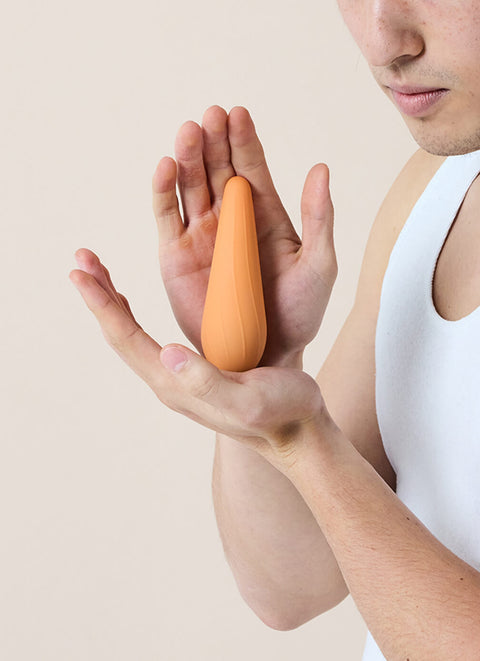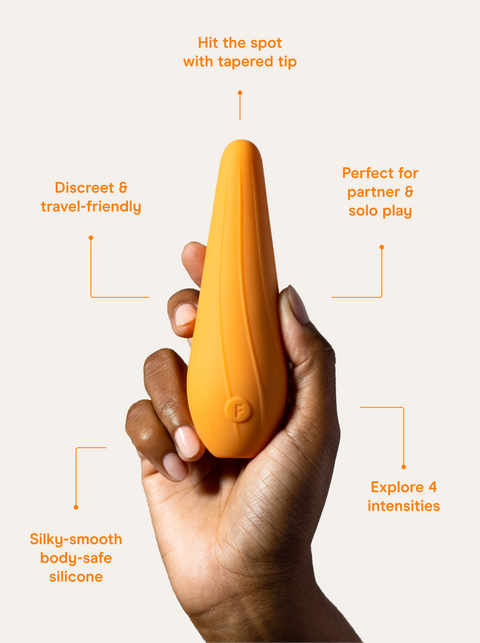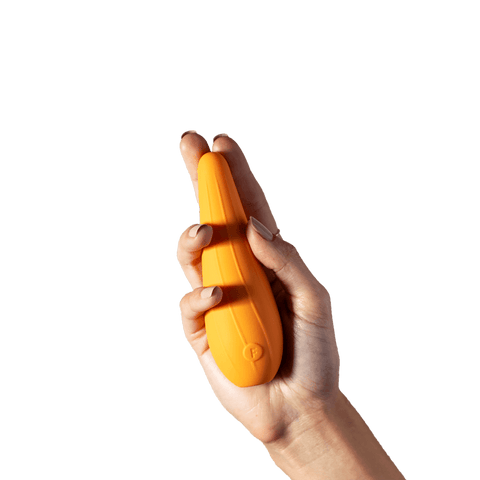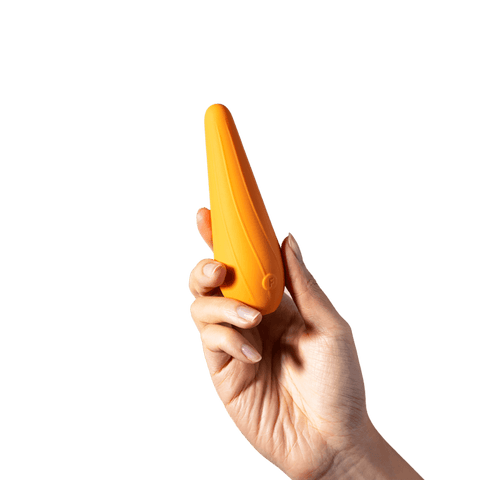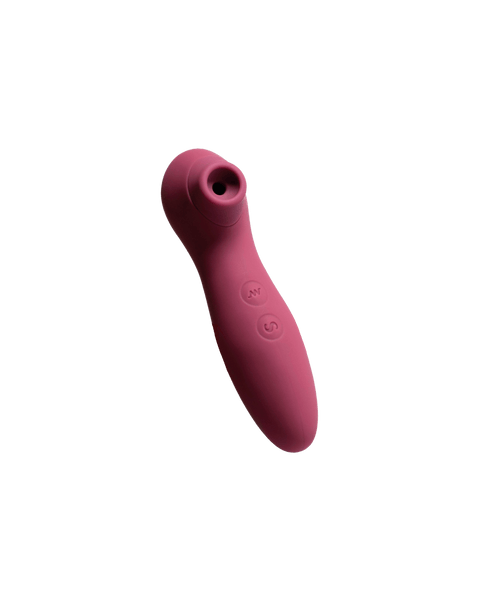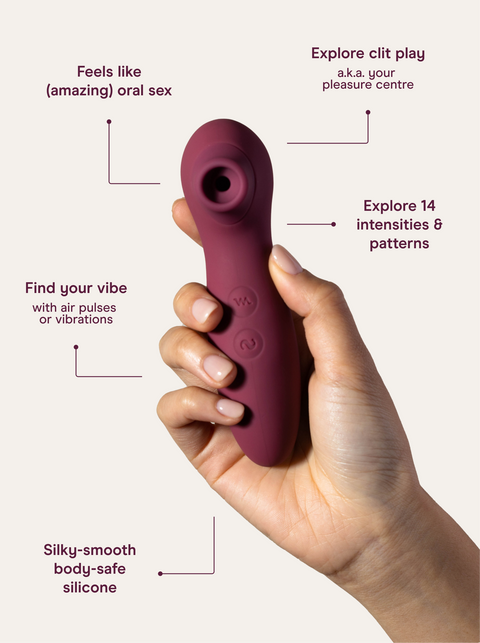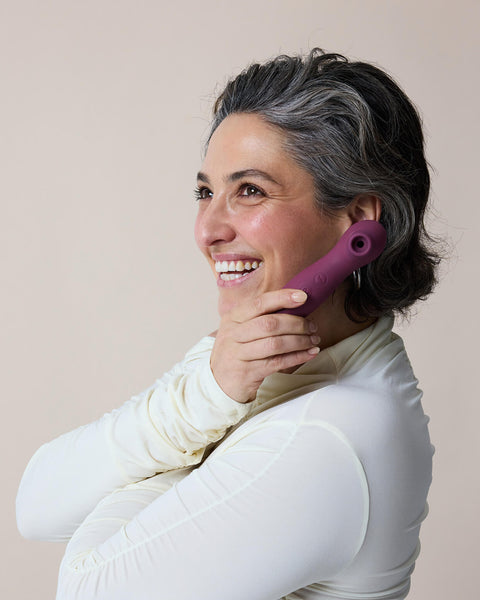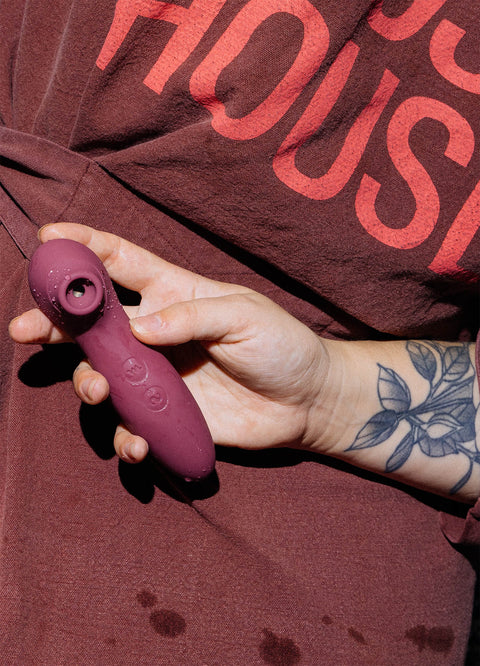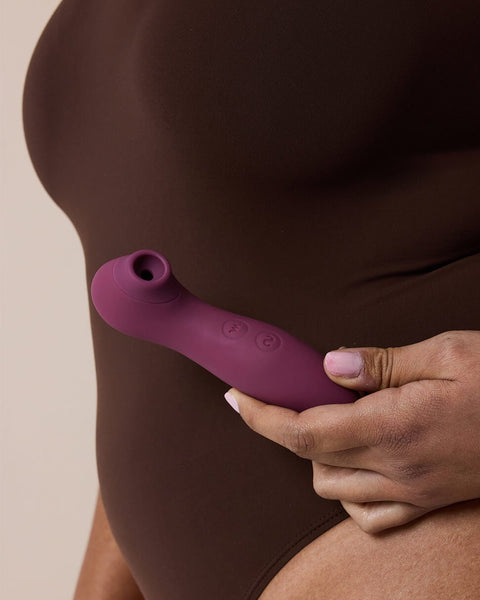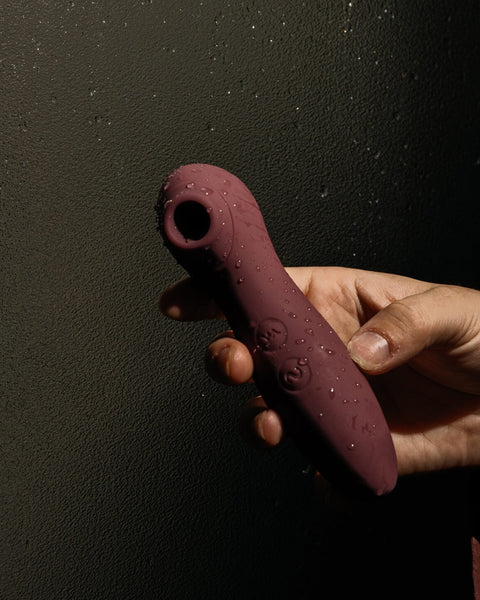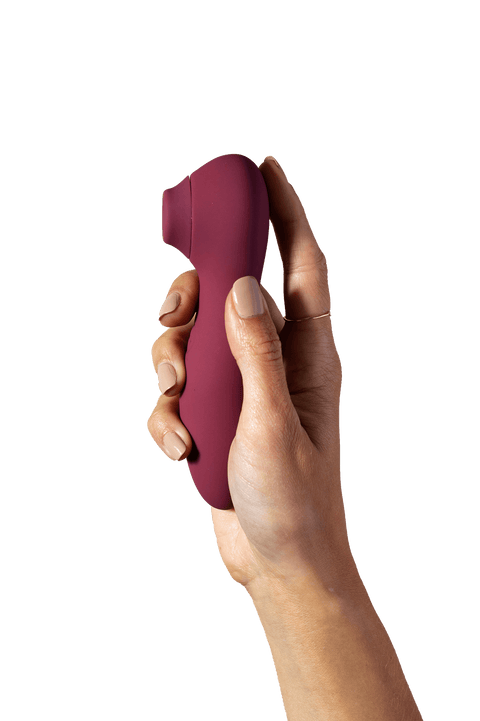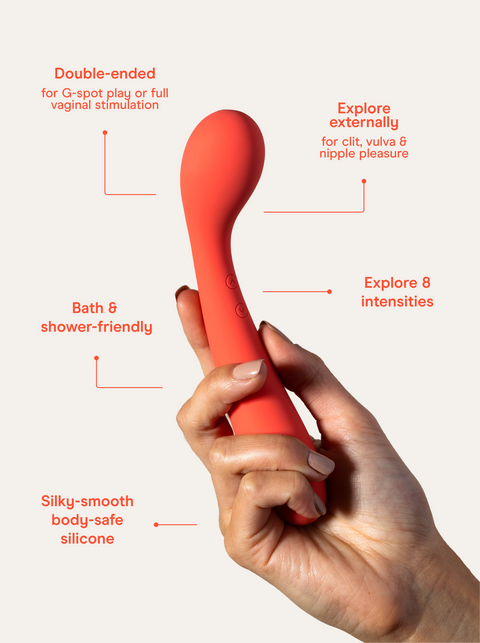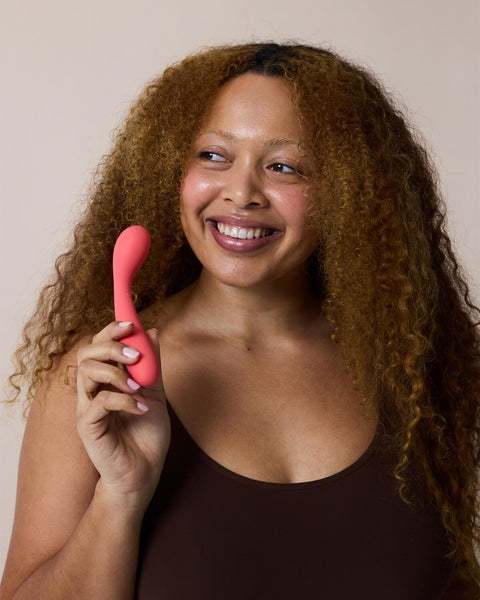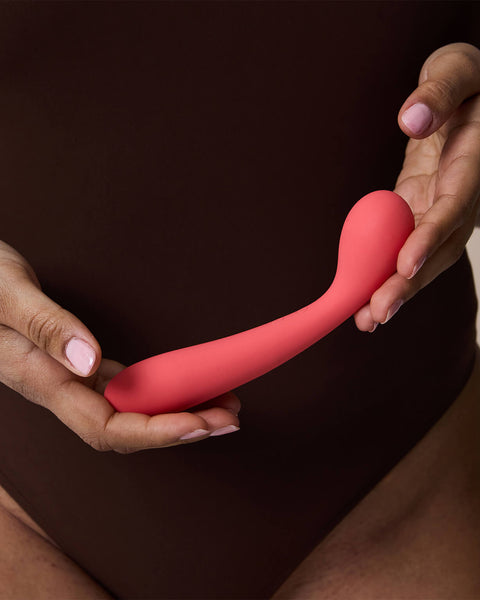A little over a year ago the Supreme Court of the United States overruled Roe v. Wade, a landmark decision from the early 1970s which asserted that it was an individual’s constitutional right to access abortion services.
The Supreme Court’s decision came as a shock to many, and naturally led people here in Australia to ask if a similar decision could ever be made in our country. While we at Normal think it’s unlikely—and we’ll explain why in a second—we also think that we have a long way to go until reproductive healthcare services can be considered fully accessible in Australia.
In today’s article, we’ll take a look at reproductive healthcare services in Australia, discuss the legality of abortion access, and examine some of the barriers people can face when accessing reproductive healthcare and abortion.
Basically
- We believe it is unlikely that abortion rights will be rolled back in Australia
- Abortion is accessible in every Australia state and territory
- Still, there are many barriers to equitable abortion access
***
So, why don’t we think something similar to the overruling of Roe v. Wade could happen here in Australia?
Put simply, the legal framework around the decision to allow or restrict abortion in the United States is very different to Australia. In the US, the decision to recognise abortion as a constitutional right was directed by the Supreme Court; Australia has a different legal and governmental setup. Here abortion rights are decided by the state governments, which have broadly shown bipartisan support for abortion access in recent years. Around one in seven Australians support access to abortion, which also means that abortion is something that has broad sociocultural support.
Although we are aware that there are politicians, and individual people, who do not support abortion and actively campaign against it, we believe that in Australia these groups are small enough and fringe enough to not make a change to the legal status of abortion rights.
***
When we talk about reproductive healthcare, we do mean access to abortion services, but we are also referring to things like accurate sex education and information, access to menstrual products, access to reliable contraception, and access to healthcare services for expecting and new parents. Abortion is one of the most-discussed topics in reproductive healthcare and it’s the one we’ll be focusing on primarily in this article, but we’re also aware that reproductive healthcare can refer to a wide sphere of services and information.
In Australia, abortions can be legally performed in all states and territories, although each state and territory has their own laws about how and when abortions can be performed.
- In the ACT, abortion can be performed up to 16 weeks and the procedure must be performed by a doctor or a nurse.
- In New South Wales, abortion can be performed up to 22 weeks. After this time, two doctors must approve the procedure for it to go ahead.
- In the Northern Territory, abortion can be performed up to 24 weeks. After this time, two doctors must approve the procedure for it to go ahead.
- In Queensland, the laws are the same as New South Wales. Abortion can be performed up to 22 weeks, and after this time two doctors must approve the procedure for it to go ahead.
- In South Australia, abortion can be performed up to 22 weeks and six days. After this time, two doctors must approve the procedure for it to go ahead.
- In Tasmania, abortion can be performed up to 16 weeks. After this time, two doctors must approve the procedure for it to go ahead.
- In Victoria, the laws are the same as the Northern Territory. Abortion can be performed up to 24 weeks, and after this time two doctors must approve the procedure for it to go ahead.
- In Western Australia, abortion can be performed up to 20 weeks with the approval of two doctors. After this time, six doctors must approve the procedure for it to go ahead.
It is legal in Australia to travel to other states and territories to access an abortion.
Despite the fact that abortion is broadly decriminalised within Australia, it is still not equally accessible to everyone who may need to access it.
Writing for the Australian Human Rights Institute at the University of New South Wales, Angela Zhang argues that abortion access in Australia is often a ‘postcode lottery’—put simply, people in rural and regional areas can have difficulty accessing the procedure, while those in city centres may have an easier time. While telehealth may be an option for some people outside of metropolitan areas, the time constraints involved in a medical abortion may make it inaccessible for some.
There can also be financial barriers to accessing abortion. Many public hospitals do not offer abortion services, which means that people can end up paying hundreds of dollars at private clinics for the procedure. While Medicare can offer a rebate for abortion services, those who do not have Medicare or are ineligible for it can be faced with a significant cost.
Marie Stopes Australia also argues that while abortion services are accessible in all states and territories, the laws in each state and territory has in place means that an individual can have a vastly different experience in, say, New South Wales as opposed to Western Australia. In some states and territories, mandatory counselling is required before a person can access abortion; in others, doctors who choose not to provide abortion services are not required to transfer their patient’s care to another doctor who does provide those services. And in some areas, support people and doulas are limited in how closely they can work with people seeking abortions, limiting their access to vital and necessary support.
Although legally abortion is available throughout Australia, these factors and many more can have an enormous influence on whether the procedure is truly accessible for everyone who may need to access it. Here at NORMAL, we’re proud of the steps Australia has taken to recognise the right to reproductive healthcare—and we’re also determined to see more concrete actions taken to ensure that anyone who needs reproductive healthcare services can access them regardless of where they live or how much they earn.




